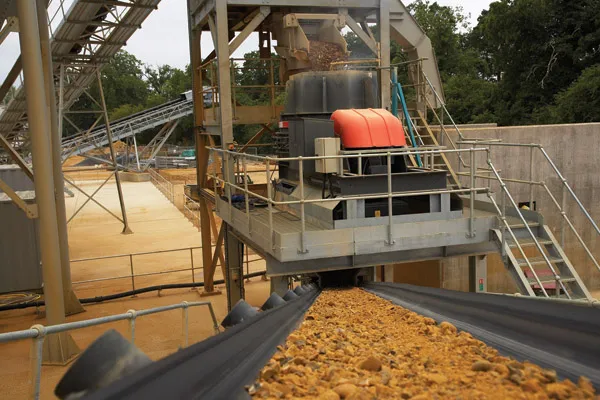Indonesian tar has been cleared for export.
By MJ Woof
February 23, 2021
Read time: 1 min

The Indonesian Government has cleared the way for exports of naturally occurring tar. Deposits of tar are found on Buton Island in southeast Sulawesi, although estimates vary as to the quantity of material available. Naturally occurring tar is comparatively rare, with the world’s largest deposit to be found on the island of Trinidad. The firm Lake Asphalt of Trinidad operates the deposit, which covers an area of 40ha and is up to 76m deep.
The La Brea Tar Pit deposit in Los Angeles, California, was used for road construction for many years. However, the La Brea is no longer in use and is now the site of a museum that shows the bones many animals trapped in the pits over many, many thousands of years.








